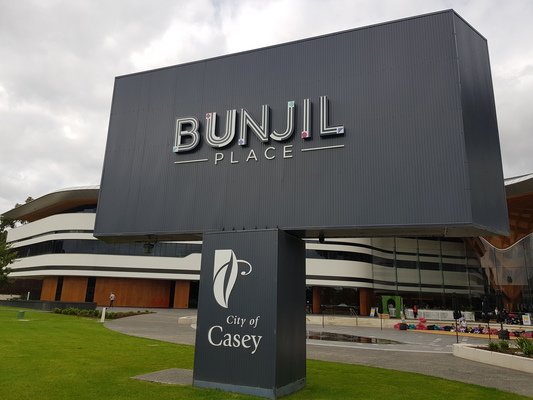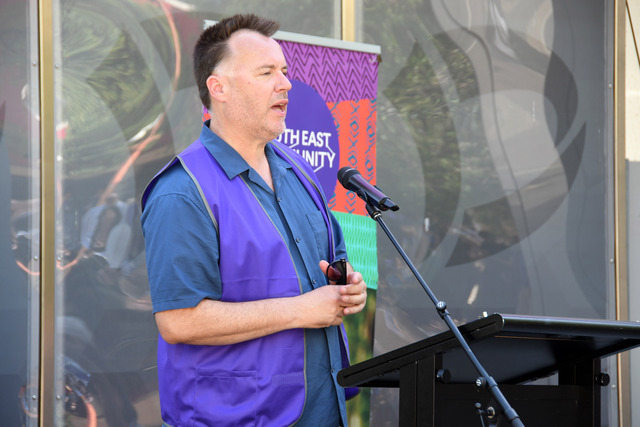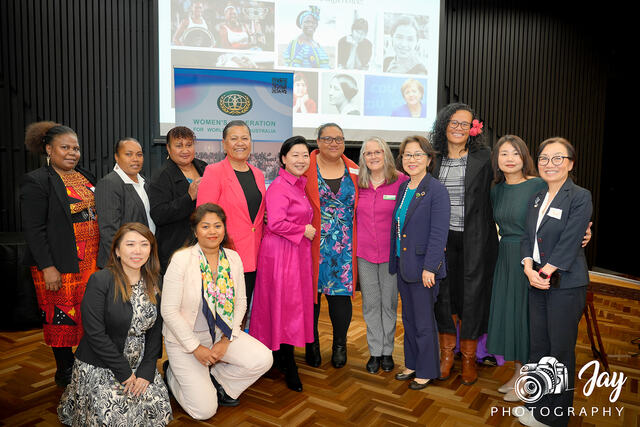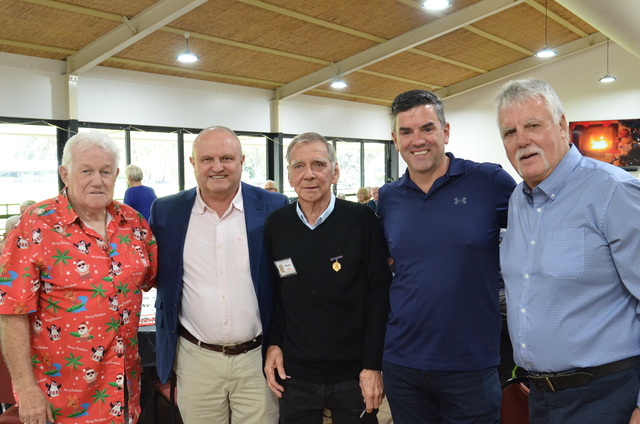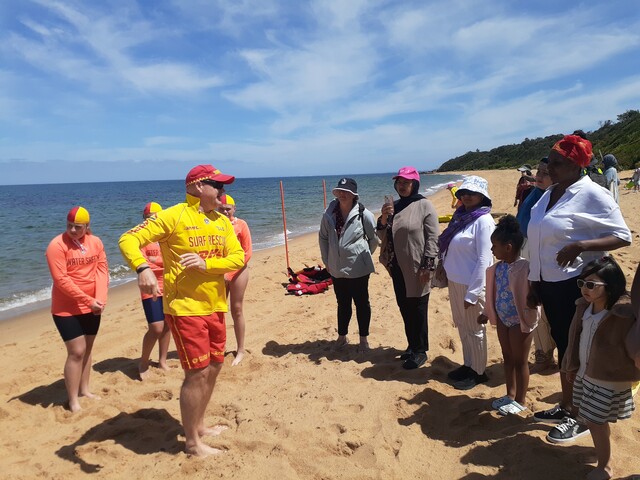Future Casey councillors will be required to report “all interactions” with developers and objectors in the wake of recent corruption allegations aired at IBAC.
In a further big change, planning decisions with up to 20 objections will not be decided at public meetings but delegated to council officers.
At a council meeting on 8 April, Casey interim administrator Noelene Duff approved the changes as part of the council’s revised protocols for land-use planning issues.
It was part of a “preliminary response” to an ongoing IBAC Operation Sandon inquiry as well as a recent State-appointed Monitor’s report that recommended the council’s dismissal.
Ms Duff declared the new guidelines set a “high bar for governance” with a focus on “transparency, accountability and integrity”.
They would be regarded as “best practice policy in the local government sector”.
For planning matters, councillors will be required to produce a record of all requests, phone calls, correspondence and interactions. It would become part of the record for each planning application, Ms Duff said.
She said the 20-objection threshold for planning matters was “based on the experience here and the number of objections that have come through”, Ms Duff said.
“It wasn’t an arbitrary decision”.
A council report recommended the threshold so the council only considered matters of “broader community interest” not “localised matters”.
It also ensured an “appropriate separation of powers to enable Council to focus on policy and direction setting”.
The protocols require councillors not to provide land use planning advice and not to appear to be an “advocate” for or against any proposal.
Any meeting requests on planning matters would be held in the presence of senior council officers and planning director.
Councillors were not to “compromise themselves by having meetings, phone calls or other correspondence with parties without council officers or other parties being present”, the protocols state.
At the ongoing IBAC inquiry, serious corruption allegations were levelled at chiefly Casey ex-councillors Sam Aziz and Geoff Ablett and property developer John Woodman.
The two councillors are alleged by IBAC to have received $1.2 million from Mr Woodman.
Meanwhile, they allegedly either led council motions or worked behind the scenes to promote Mr Woodman’s planning interests such as the H3 intersection in Hall Road and the rezoning of industrial land in Cranbourne West, IBAC heard.
On 18 February, the State-appointed Monitor Laurinda Gardner reported on “governance failures” at Casey.
Ms Gardner reported that councillors failed to effectively and transparently manage conflicts of interest.
Her report recommended dismissing councillors and replacing them with administrators beyond the 2020 council elections.
The councillors were duly sacked by State Parliament that week.

